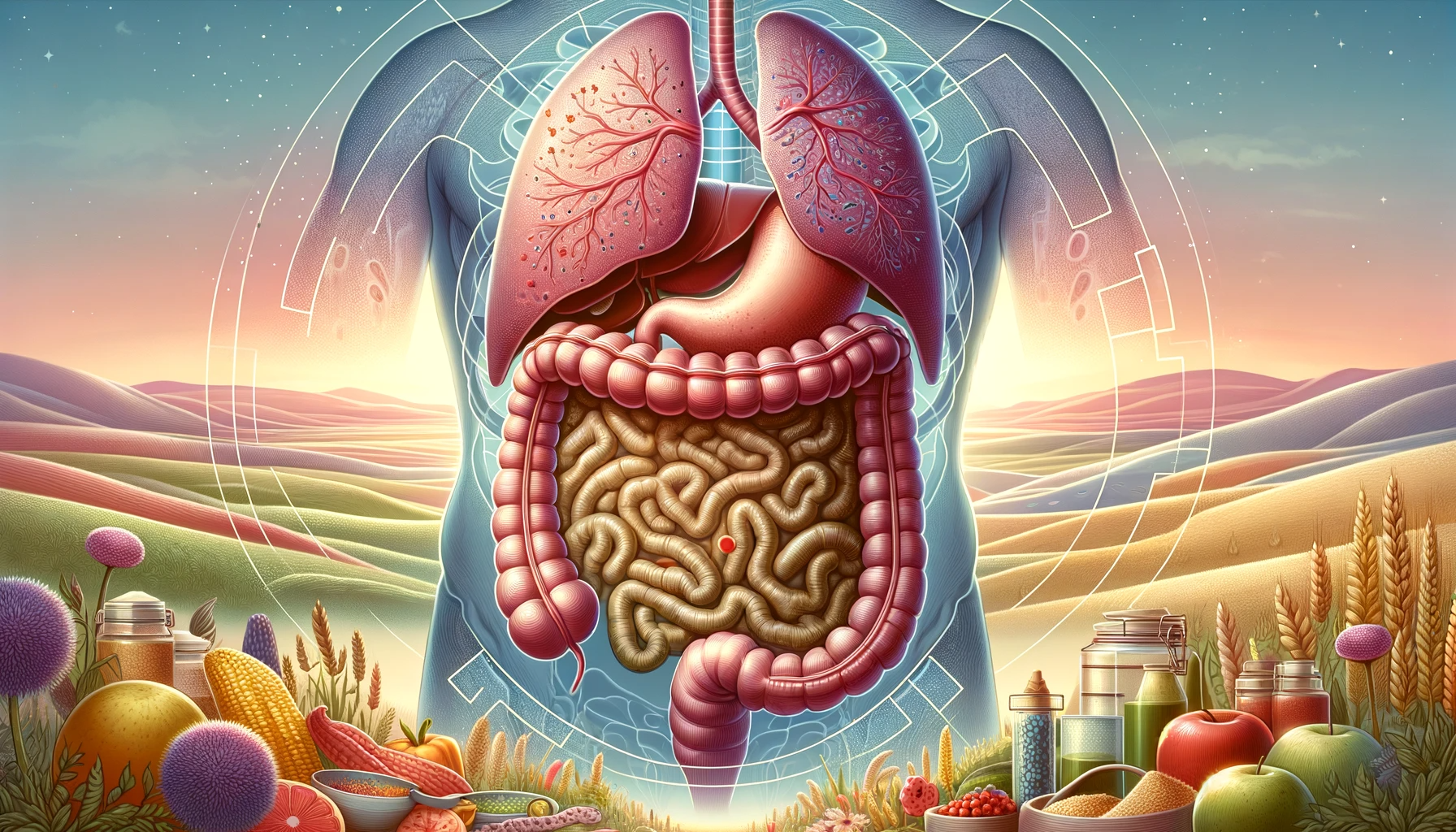
Introduction to the Microbiome
In the realm of functional medicine, one topic garners considerable attention for its profound impact on overall health: the human microbiome. This complex and dynamic ecosystem, predominantly residing in our gut, plays a pivotal role in our physical and mental well-being. This article aims to demystify the microbiome, highlighting its significance and the various physiological systems it influences.
What is the Microbiome?
The human microbiome refers to the trillions of microorganisms, including bacteria, fungi, viruses, and other microbes, that inhabit our bodies, particularly in the gut. These microorganisms are not just passive residents; they are active participants in our health, affecting everything from digestion to immune function.
The Gut-Brain Axis
One of the most fascinating aspects of the microbiome is its connection to the brain, known as the gut-brain axis. This bidirectional communication pathway suggests that the state of our gut can influence our mood, cognitive abilities, and even mental health. A study by Foster and Neufeld (2013) in the journal 'Neurogastroenterology & Motility' highlights how alterations in gut microbiota can impact stress response and depressive-like behaviors.
Immune System Modulation
The microbiome plays a crucial role in the development and function of the immune system. A well-balanced microbiome helps to protect against pathogens, while an imbalanced one, known as dysbiosis, can lead to increased susceptibility to infections and autoimmune diseases. A landmark study by Round and Mazmanian (2009) in the journal 'Nature Reviews Immunology' illustrates the intricate ways gut microbes regulate immune responses.
Metabolic Health
Our gut microbes significantly influence metabolism, affecting how we process foods, store fat, and regulate blood sugar levels. Studies, such as the one conducted by Qin et al. (2012) in the journal 'Nature', have shown that individuals with type 2 diabetes have a different gut microbiome composition compared to healthy individuals, suggesting a strong link between gut health and metabolic disorders.
Digestive Health
The microbiome is essential for digestion, helping break down complex carbohydrates, fibers, and even some proteins and fats. Imbalances in gut bacteria can lead to digestive disorders like irritable bowel syndrome (IBS) and inflammatory bowel disease (IBD). Research by Frank et al. (2007) in the journal 'Science' demonstrates how variations in the microbiome composition are associated with IBD.
Nutrient Absorption and Synthesis
Gut microbes aid in the absorption of essential nutrients and synthesize certain vitamins like vitamin K and certain B vitamins. These processes are crucial for maintaining energy levels, supporting cognitive function, and preventing deficiencies.
Skin Health
Emerging research suggests a link between gut health and skin conditions like acne, eczema, and psoriasis. The gut-skin axis implies that an unhealthy microbiome can manifest in skin inflammation and disorders.
The Significance of Microbiome Testing in Functional Medicine
In functional medicine, personalized treatment plans are paramount. To tailor these plans effectively, especially when addressing gut health, understanding an individual's unique microbiome composition is crucial. This is where the GI-MAP™ test by Diagnostic Solutions comes into play. The GI-MAP™, or Gastrointestinal Microbial Assay Plus, is a comprehensive stool test that uses advanced DNA technology to provide a detailed analysis of the microbiome. It detects microbes that can cause illness or disrupt normal microbial balance, providing insight into the presence of pathogens, including bacteria, parasites, and viruses. Furthermore, it assesses markers for gut inflammation, immune function, digestive enzymes, and even antibiotic resistance genes.
Armed with this information, practitioners can develop targeted strategies to balance the microbiome. For instance, if harmful bacteria are overrepresented, specific antimicrobial treatments can be prescribed. Conversely, a lack of beneficial bacteria might indicate the need for probiotic supplementation. The test can also guide dietary recommendations, such as increasing fiber intake to feed beneficial bacteria or avoiding foods that exacerbate gut inflammation. Thus, the GI-MAP™ test is a valuable tool in the functional medicine arsenal, aiding in the creation of highly personalized and effective treatment plans to optimize gut health and, by extension, overall well-being.
Conclusion
The human microbiome is a cornerstone of our health, influencing numerous physiological systems. Its impact on the gut-brain axis, immune system, metabolism, digestion, nutrient absorption, and even skin health underscores its importance. Understanding and maintaining a healthy microbiome through diet, lifestyle choices, and possibly probiotics could be key to holistic health and well-being.
References:
Foster, J. A., & Neufeld, K. A. M. (2013). Gut–brain axis: how the microbiome influences anxiety and depression. Neurogastroenterology & Motility, 25(5), 405-412.
Round, J. L., & Mazmanian, S. K. (2009). The gut microbiota shapes intestinal immune responses during health and disease. Nature Reviews Immunology, 9(5), 313-323.
Qin, J., Li, Y., Cai, Z., et al. (2012). A metagenome-wide association study of gut microbiota in type 2 diabetes. Nature, 490(7418), 55-60.
Frank, D. N., St Amand, A. L., Feldman, R. A., et al. (2007). Molecular-phylogenetic characterization of microbial community imbalances in human inflammatory bowel diseases. Science, 317(5846), 254-258.
